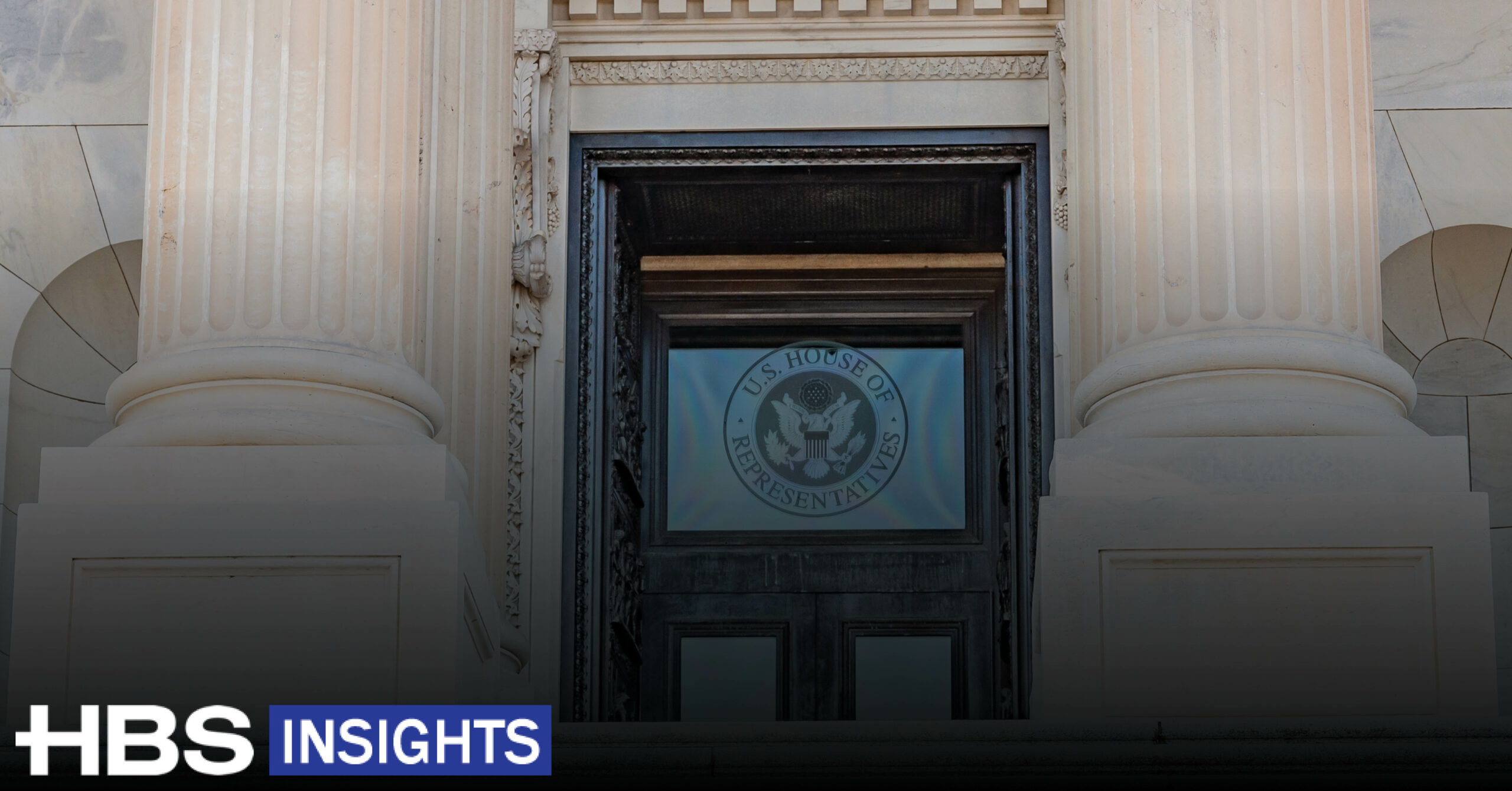House Opens: The Change Factor
Once again, we see a large number of House open seats, something that has been common throughout the previous decade and the beginning of this one, yet in 2024 very few open seats are poised to flip to the opposite party.
In a political body where incumbent retention is extraordinarily high – in 2022 we saw 98.1% of House incumbents who sought re-election win – and will almost assuredly be again so in 2024, most often seats that convert to the opposite party do so in open status.
That’s not the case in 2024. Currently, we find 55 open seats, 29 coming from the Democratic column, 25 from the Republicans, with one district, AL-2, that was created as a new seat in a secondary redistricting redraw. Yet from this number, and not counting the eight seats that were open during the cycle and filled in special elections, one could argue that only ten will either flip or see a serious competition level.
At the end of the cycle, it would not be surprising to see only those affected by a second round of redistricting flip, meaning the three seats in North Carolina changing from Democrat to Republican, and one each moving from Republican to Democrat in Alabama and Louisiana.
Therefore, of the current 55 open House seats, it appears very likely that 50 will remain with the incumbent party or flip because of redistricting. Therefore, in only five instances do we see an open seat where the controlling party might change via election.
Perhaps the most hotly contested open seat lies in southern California where Rep. Katie Porter’s (D-Irvine) Orange County anchored 47th District should be rated as a toss-up. Former state Assemblyman Scott Baugh (R), who finished first in the jungle primary, and state Sen. Dave Min (D-Irvine), who finished second, are the general election finalists.
If the jungle primary partisan breakdown is any indication as to how this race might end, and it may well be, then this is one that could take weeks to decide under the elongated ballot counting and signature verification process that California employs.
In the qualification election, Mr. Baugh finished first with 32.1% while Sen. Min captured 25.9%. The aggregate Republican percentage total from three candidates was 49.6%. The total Democratic percentage dispersed through four candidates was 47.1%, with the remaining 3.3% divided among a trio of No Party Preference candidates. CA-47 leans Democratic. The FiveThirtyEight data organization rates the seat as D+6, and the Daily Kos Elections statisticians, now with The Down Ballot data site, ranks the 47th as the 32nd most vulnerable seat in the House Democratic Conference.
The district that Rep. Lauren Boebert (R-CO) vacated, which covers Colorado’s western slope mountain region, should be a Republican CD. The FiveThirtyEight data team sees a GOP advantage of R+15, and The Down Ballot organization ranks the district as the 51st most vulnerable seat in the Republican Conference. Still, Democrat Adam Frisch has raised more money than all House candidates in the nation with the exception of the former House Speaker and Democratic Leader.
Though he already spent three-quarters of his money, most of which was raised when he was running against Rep. Boebert, Mr. Frisch still had almost $4 million more at his disposal in late June than new Republican nominee Jeffrey Hurd. Resources and residual name ID and losing the closest election of 2022 gives Mr. Frisch a fighting chance in what should be a safe Republican seat.
On paper, central/east Michigan’s 7th and 8th Districts appear as pure toss-ups. In actuality, with President Biden taking the reconfigured 7th with a 49.4 – 48.9% tight victory and a slightly larger 50.3 – 48.2% finish in the adjacent 8th CD, as well as continuing to re-elect Democratic House members, 2024 US Senate candidate Elissa Slotkin and retiring Rep. Dan Kildee, the party has a more discernible edge than the dead even statistical calculations suggest.
This gives former state Rep. Curtis Hertel (D) and state Sen. Kristen McDonald Rivet (D-Bay City) the probable advantage they will need to beat their respective Republican opponents, ex-state Senator and 2022 congressional nominee Tom Barrett and three-time congressional nominee Paul Junge, respectively.
Virginia’s 7th CD, open because Democratic incumbent Abigail Spanberger is preparing a 2025 run for Governor, is another seat that looks more vulnerable on paper than it does in terms of actual vote counting. The FiveThirtyEight data organization ranks the 7th, that stretches from the outer Richmond suburbs to the Washington, DC exburbs, as D+2, and it ranks as the 17th most vulnerable seat in the Democratic Conference.
President Biden, however, recorded a more comfortable 52.6 – 45.8% majority and Rep. Spanberger scored a 51-49% re-election victory even though the Congresswoman faced a constituency where three-quarters of the district’s residents were not in her previous district.
In the open seat election, retired Army officer Eugene Vindman (D) has a huge resource advantage over Iraq War veteran Derrick Anderson (R). Mr. Vindman had a 7:1 fundraising advantage over Mr. Anderson according to the most recent campaign disclosure filings.
At the end of the campaign cycle, it would not be surprising to see no open seat flip to the opposite party without the aid of a new redistricting map. If so, we will see yet another unique facet of the wild 2024 election cycle.
We offer this political insights report for your information and not as a predictor or representative of opinions of HBS or its employees.
